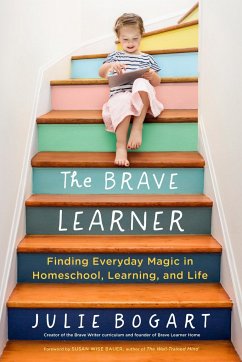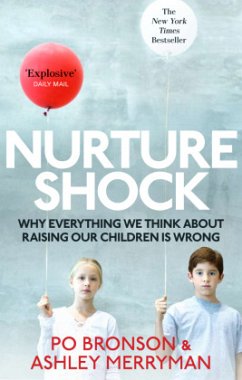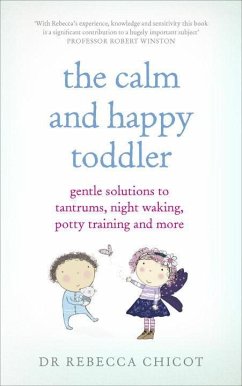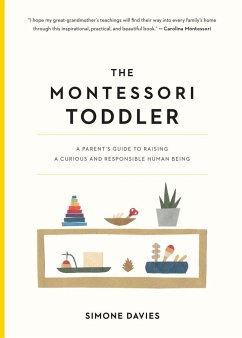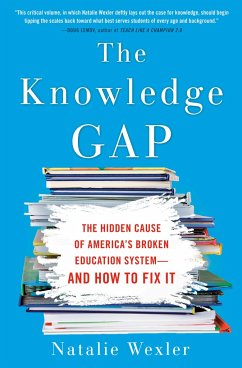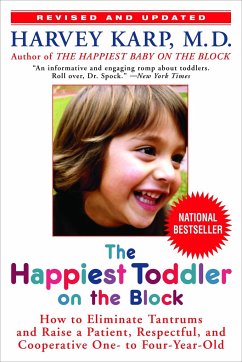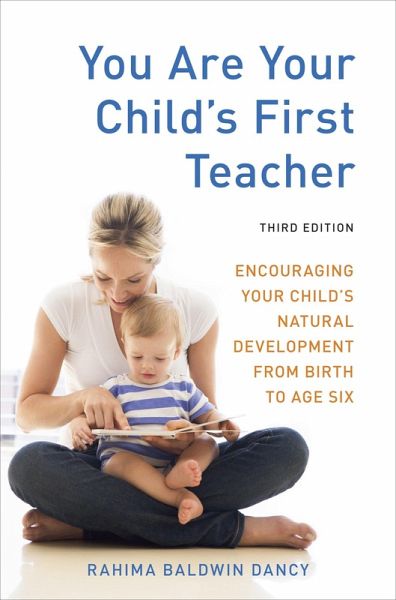
You Are Your Child's First Teacher, Third Edition
Encouraging Your Child's Natural Development from Birth to Age Six
Versandkostenfrei!
Versandfertig in 2-4 Wochen
22,99 €
inkl. MwSt.

PAYBACK Punkte
11 °P sammeln!
The first book in America to popularize the insights of Rudolf Steiner, founder of the Waldorf schools, regarding the developmental needs of young children, this revised and updated edition offers new ways for parents and educators to enrich the lives of children from birth to age six. Today’s society often pressures us into overstimulating young children with flashcards, workbooks, videos, and electronic gadgets in a well-meaning attempt to give them a head start. But children are not little adults—they learn and grow in radically different ways at different ages, and what we do to help ...
The first book in America to popularize the insights of Rudolf Steiner, founder of the Waldorf schools, regarding the developmental needs of young children, this revised and updated edition offers new ways for parents and educators to enrich the lives of children from birth to age six. Today’s society often pressures us into overstimulating young children with flashcards, workbooks, videos, and electronic gadgets in a well-meaning attempt to give them a head start. But children are not little adults—they learn and grow in radically different ways at different ages, and what we do to help could actually hurt instead. Some of the most important learning years happen before your child reaches school. In You Are Your Child’s First Teacher, respected Waldorf educator Rahima Baldwin Dancy explains the different stages of learning that children go through from birth to age six, giving you the wisdom and understanding to enrich your child’s natural development in the right way at the right time. A trusted classic for over twenty years, this newly revised edition contains updated resources and additional information on discipline, early childhood programs, toilet training, using home life as curriculum, and more. From language and cognitive development to appropriate toys and nourishing your child’s artistic abilities, Dancy speaks up for a rational approach to child-rearing, one that helps children be children while we fulfill our important role as parents and first teachers.




